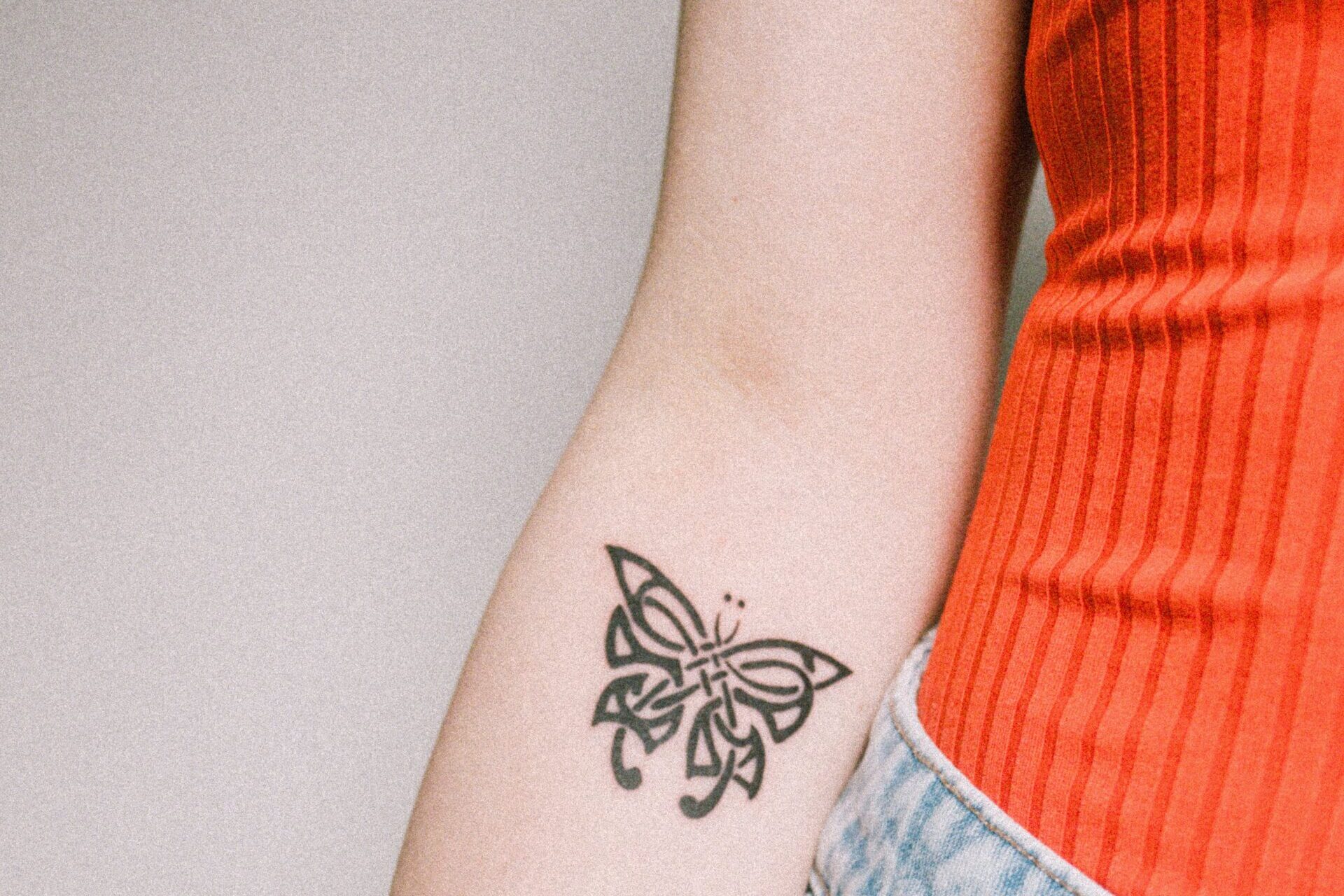In Mental’s Ask a Mental Health Pro series, we speak with a top expert to parse through a cultural event surrounding mental health. Here, we’re exploring the safety of ketamine therapy after Matthew Perry’s death in October 2023. The autopsy report from the Los Angeles County medical examiner said the actor and mental health advocate died from the “acute effects of ketamine,” with “drowning, coronary artery disease, and buprenorphine effects” listed as contributing factors. He was found face-down in the hot tub at his Pacific Palisades home.

Our Expert: Steven L. Mandel, M.D., is a board-certified anesthesiologist with a master’s degree in psychology. He is the co-founder and president of Ketamine Clinics Los Angeles, which has provided more than 30,000 infusions. Dr. Mandel has been working in the ketamine therapy field for more than 40 years, and is a founder of the nonprofit organization American Society of Ketamine Physicians, Psychotherapists and Practitioners (ASKP3).
Why Ketamine Therapy Is Used
Give us a brief description of what ketamine in a clinic is typically used for, and how often a person gets ketamine treatments.
At Ketamine Clinics Los Angeles, Ketamine Infusion Therapy is typically prescribed for a series of six intravenous (IV) infusions of ketamine, for 50 to 55 minutes, over the course of two to three weeks. The amount is a low dose so patients are conscious and awake the entire time. Ketamine therapy primarily treats depression, PTSD, anxiety, suicidality, and other mental health conditions.
Most patients return for two follow-up ketamine treatments we refer to as boosters on an as-needed basis. They do not need to repeat the full series. The frequency of ketamine boosters varies widely but is typically once every three months.
For whom is ketamine therapy most prescribed? People who have already tried other antidepressants or other treatments and they aren’t working?
Almost all of our patients have tried and not benefited from at least two prescription antidepressant medications. Most of them have tried many different medications and classes of medications with little to no relief and often adverse side effects. Many have also tried other treatments, such as various types of therapies and even electroconvulsive therapy (ECT) or transcranial magnetic stimulation (TMS).
Due to ketamine’s unique mechanism of action, it often works even when nothing else has. Compared to other treatments, ketamine infusions work faster and more reliably in a higher percentage of patients. They are safe.
Results of Ketamine Therapy for Mental Health
What are the proven results of ketamine infusions, according to the latest research as well as your anecdotal experience?
There are about 170 clinical studies on ketamine therapy for depression and other mental health conditions. The results that have been published, about 70 studies, have been overwhelmingly positive in proving the safety and efficacy of ketamine as a mental health treatment.
Ketamine was FDA-approved in 1970 as an anesthetic and has many more studies and 50-plus years of safety and efficacy surrounding its use in general. At Ketamine Clinics Los Angeles, we have provided infusions to more than 6,000 patients with an 83 percent success rate. The stories of healing are numerous and inspiring.
Ketamine Side Effects and Risks
What are the risks with ketamine therapy? If you are only getting it in a clinical setting, is there a fear of overdose, complications, or anything along the lines of what Matthew Perry experienced?
There is zero correlation between what happened with Matthew Perry and the therapeutic clinical use of ketamine for mental health. Mr. Perry took more than 10 times the amount of ketamine that is used to treat depression, in combination with an opioid and benzodiazepine, while alone in a hot tub and drowned.
When used responsibly as a therapeutic agent, ketamine is among the safest, most effective, fastest-acting mental health treatments available today.
Does ketamine, even when given clinically, have negative side effects when mixed with any other drugs, prescription or otherwise?
There are risks associated with mixing ketamine and other sedatives, such as slowed respiratory rate. When used in a clinical setting, these risks are not consequential. I am not aware of any deaths from ketamine in a clinical setting.
Ketamine has a large therapeutic index. This is the difference between the therapeutic dose and the lethal dose. There isn’t a known lethal dose of ketamine—it’s extremely safe when used responsibly.
Who should not consider ketamine therapy?
People with certain types of personality disorders and schizophrenia. And bipolar patients who are actively hypomanic or manic (they respond well when stable).
Finding a Ketamine Clinic for Mental Health
What should you look for to determine if a ketamine clinic is reputable?
In short, seek the following:
- A knowledgeable, caring, compassionate, experienced provider who is dedicated to using ketamine to treat mental health. Ensure this treatment isn’t something they only occasionally provide.
- Ask questions, read the website, ensure the physician and staff are knowledgeable, kind, and consistent in their answers, and provide you with all the information and time you need to make a decision. Remember, you are buying care, not a prescription.
- Find a clinic that has a thorough intake process and wants to get to know you and your individual needs. Do not go to places that take walk-ins off the street or that do not vet patients.
- Be wary of promises and guarantees. Be wary of sales tactics and discounts, especially with time pressures.
- Ensure a private room in a clean, quiet, safe location in a legitimate medical office. Stay away from strip malls and off-the-grid locations.
- Ensure adequate safety supplies and equipment, including vitals monitoring (pulse rate, oxygen saturation, respiratory rate, blood pressure, and EKG).
- Read online reviews on Yelp and Google to see many real people sharing a positive experience.
Editor’s Note: These findings are generally backed by clinical research.
- Per a 2022 study published in BMC Psychiatry on people with major depressive disorder, there was a 70.6 percent response rate for ketamine IV versus a 52.9 percent rate for nasal esketamine. The effects of the IV version also lasted longer.
- A 2020 study in the Journal of Affective Disorders also showed ketamine IV to be more effective than nasal ketamine.
- A 2023 study in the Journal of Clinical Psychiatry found it took fewer ketamine IV sessions to achieve remission of treatment-resistant depression (that said, it was an observational study and researchers called for a randomized control trial).
- A study that has yet to be published but was presented at the American Psychiatric Association meeting in May 2023 suggested that ketamine IV treatment is more cost-effective for patients.
IV Ketamine Versus Nasal Treatment Response Rate
Liu H, Lan X, Wang C et al. The Efficacy and Safety of Esketamine in the Treatment of Major Depressive Disorder with Suicidal Ideation: Study Protocol for a Randomized Controlled Trial. BMC Psychiatry. November 30, 2022.
Bahji A, Vazquez GH, Zarate CA Jr. Comparative Efficacy of Racemic Ketamine and Esketamine for Depression: A Systematic Review and Meta-Analysis. Journal of Affective Disorders. January 1, 2021.
IV Ketamine Treatment Effectiveness
Singh B, Kung S, Pazdernik V et al. Comparative Effectiveness of Intravenous Ketamine and Intranasal Esketamine in Clinical Practice Among Patients with Treatment-Refractory Depression: An Observational Study. Journal of Clinical Psychiatry. February 1, 2023.
IV Ketamine Treatment Cost-Effectiveness
Brown K. Study: Intravenous Ketamine Vs. Intranasal Esketamine. Psychiatrist.com. September 12, 2023.





